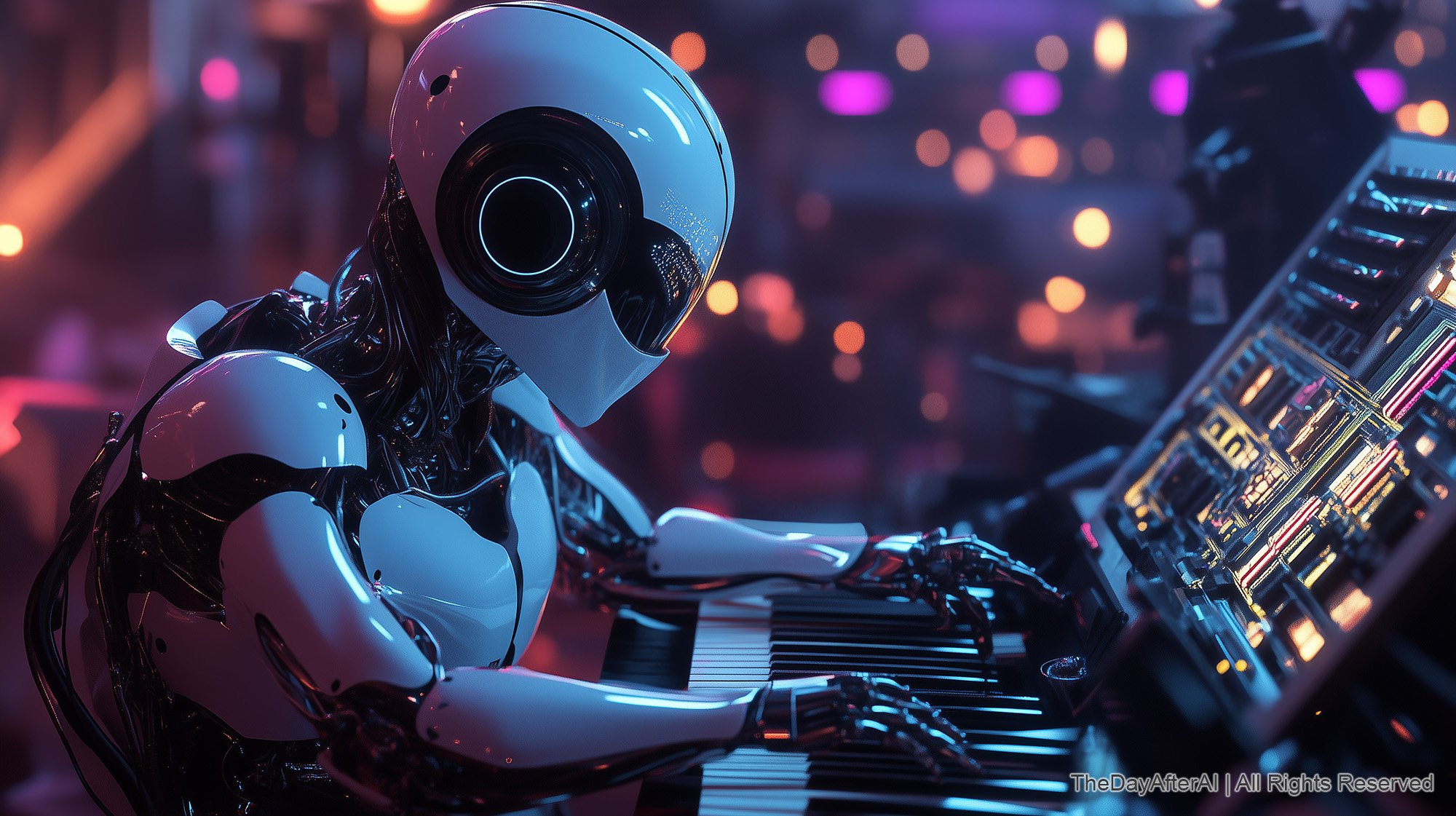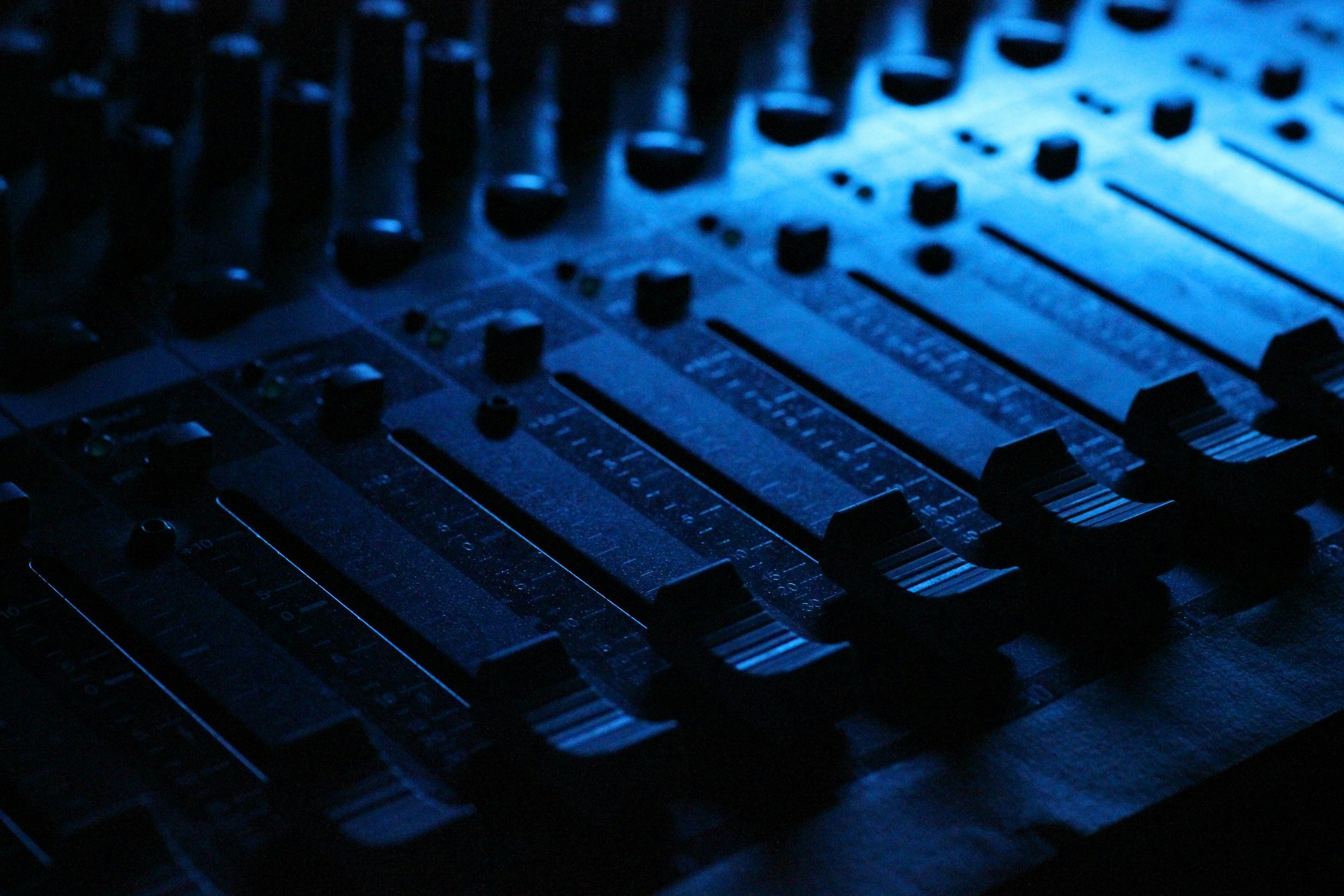AI Music Industry Surged to Billions in Growth in 2024

Image Credit: Jacky Lee
License This Image
In 2024, the music industry experienced a transformative shift as artificial intelligence took center stage, producing an unprecedented volume of music and redefining traditional paradigms.
[Read More: YouTube Launches AI Music Remixes, Live-Stream Reminders, and Shorts Conversion Updates]
AI's Dominance in Music Production
AI-generated music surged, with platforms like Mubert leading the charge. Mubert, an AI-driven music generator, produced over 100 million tracks in the first half of 2024, showcasing AI's capacity to outpace human musicians in sheer output.
The global AI in music market mirrored this rapid growth. Valued at US$2.9 billion in 2024, it is projected to reach US$38.7 billion by 2033, driven by a compound annual growth rate (CAGR) of 25.8%. Notably, cloud-based solutions accounted for 71.4% of the market share, highlighting the industry's shift towards digital platforms.
[Read More: Google Launches MusicFX DJ, AI Sandbox & Dream Track: Transforming Music Creation with AI Tools]
Musicians Integrate AI into Workflows
The integration of AI tools became increasingly prevalent among music professionals. A survey revealed that 60% of musicians utilized AI for various aspects of composition and production, while 36.8% of producers fully incorporated AI into their workflows. These tools have become as essential as traditional instruments, streamlining processes and enhancing creativity.
[Read More: Randy Travis Reimagined: AI Breathes New Life into Country Legend’s Voice]
Economic Implications and Revenue Concerns
Despite the efficiencies introduced by AI, concerns about economic impacts emerged. A study by the International Confederation of Societies of Authors and Composers (CISAC) projected that creators could face a 24% reduction in revenue by 2028, equating to a cumulative loss of US$22.7 billion over five years. This potential decline is attributed to AI-generated content replacing original works, prompting debates about fair compensation and the value of human creativity.
[Read More: Amazon and Universal Music Group Unite to Combat Unlawful AI-Generated Content]
Challenges in Copyright and Authorship
The proliferation of AI-generated music has intensified discussions around copyright and authorship. Determining ownership when an algorithm contributes significantly to a composition remains complex. Instances of AI-generated tracks mimicking existing artists have led to legal disputes, underscoring the need for clear regulatory frameworks to protect intellectual property rights.
[Read More: Is AI Indeed a Theft? A New Perspective on Learning and Creativity]
Listener Perception and Market Expansion
Interestingly, listener perception has not significantly hindered AI music's acceptance. A substantial portion of audiences could not distinguish between human-made and AI-generated tracks, focusing instead on the quality and appeal of the music. This acceptance has contributed to the market's rapid expansion, with revenues from AI music services expected to reach US$9.3 billion by 2028.
[Subscribe TheDayAfterAI Music Channel in Youtube Now!]
Source: Bot Memo, Artsmart, Rare Connections, Financial Times, The Verge
We are your source for AI news and insights. Join us as we explore the future of AI and its impact on humanity, offering thoughtful analysis and fostering community dialogue.








